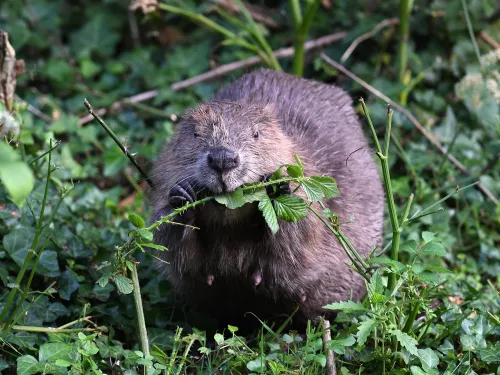
All about beavers in Kent!
Education Manager Tom White tells us about his first experience seeing a beaver in the wild.
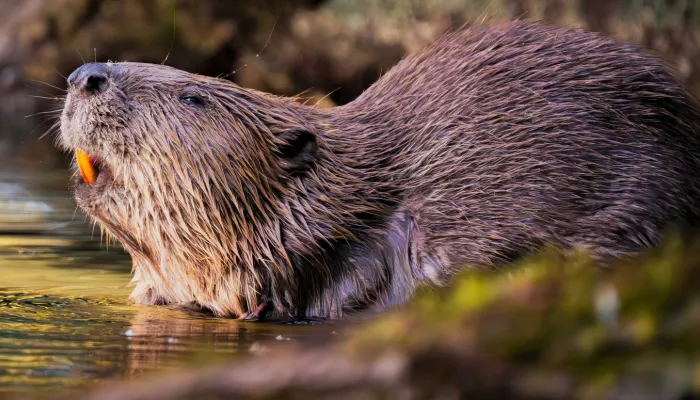
Eurasian beavers, much like their distant cousins, the otters, are semi-aquatic mammals that play a unique role in shaping and enriching their habitats. As 'ecosystem engineers,' these industrious creatures have a profound impact on their surroundings. Their dams not only create wetlands and ponds but also acts as a natural filtration system, purifying water and mitigating flooding downstream during heavy rains. Moreover, their activities contribute to the creation of diverse habitats that support a multitude of species, from invertebrates to bats, and even endangered species like the water vole.
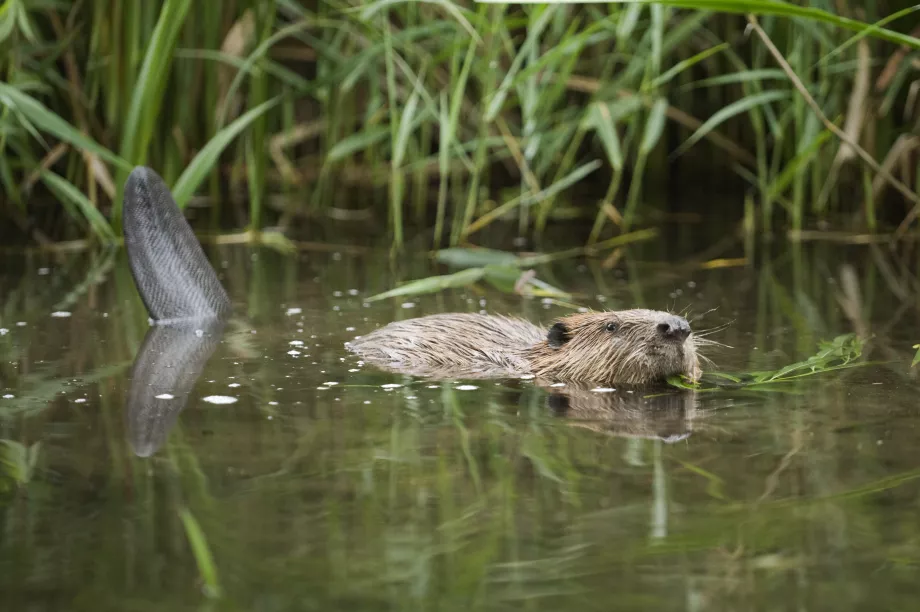
Terry Whittaker
While beavers were once native to Britain, they vanished from our landscapes over 400 years ago due to hunting and habitat loss. However, in recent decades, there has been a growing recognition of the importance of reintroducing these keystone species to restore and enhance wetland ecosystems. Kent Wildlife Trust took a pioneering step over two decades ago by initiating a groundbreaking project to reintroduce beavers to Ham Fen Nature Reserve.
The journey wasn't without its challenges. Over the years, we have successfully released two families of beavers onto the reserve. These beavers, along with an additional family group from Germany, have transformed Ham Fen into a thriving ecosystem. Water levels have risen, peat fens have been restored, and a diverse mosaic of habitats has emerged, providing sanctuary to a plethora of wildlife.
For this year's world rewilding day, Area Warden John Wilson gave us the lowdown on the importance of beavers. Watch below.
Are you wondering how you can get involved and be a part of this incredible conservation effort? Well, here's your chance! We run beaver study days where you can delve deeper into the fascinating world of beavers and gain hands-on experience in their conservation, as well as receive training on how to survey for beaver signs. Whether you're a seasoned nature enthusiast or a curious beginner, there's something for everyone in these immersive workshops. Over 230 people have attended a Beaver Study Day so far! Keep an eye on our Study Days page for new Beaver dates this autumn:
Once you have completed a beaver Study Day, why not take your passion for beaver conservation to the next level? In collaboration with the Beaver Trust, we have established a beaver citizen scientist programme, inviting local people from across Kent to become ambassadors for these charismatic creatures. By joining the programme, you'll have the opportunity to learn about beaver ecology and contribute to long-term monitoring and conservation efforts. Email Amy, Kent Wildlife Trust’s Human-Wildlife Coexistence Officer, to find out more:
If you are a landowner or manager who would like support with beaver coexistence and mitigation, consider reaching out to the East Kent Beaver Advisory Group (EKBAG). This collaborative effort brings together various stakeholders to facilitate peaceful coexistence and support local communities in embracing the return of beavers to their landscapes.
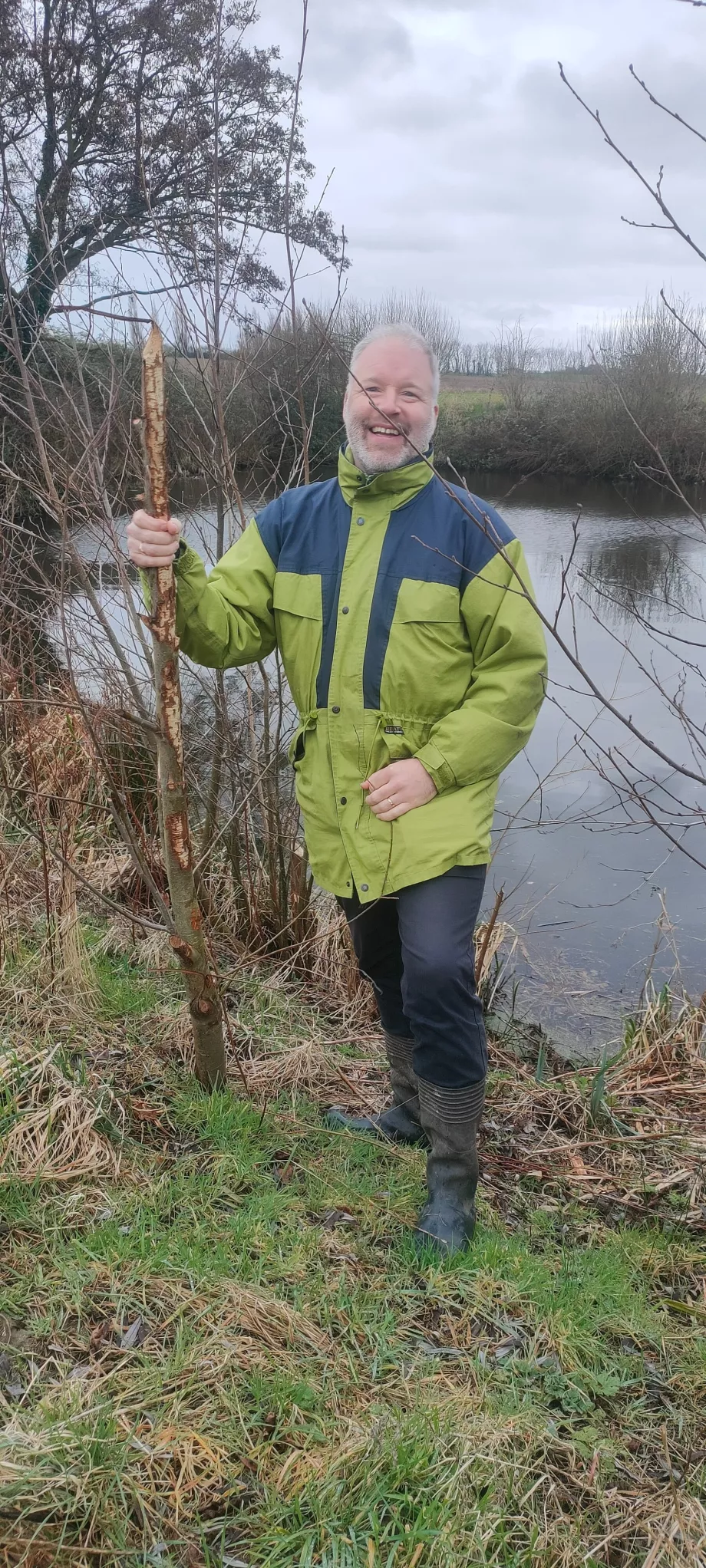
© Stuart Harris
Here is a photo of me looking very pleased with a gnawed beaver stick and observing beaver activity on a recent site visit to a farm involved in Turtle Dove conservation. Turtle Doves need shallow, sloping pond edges to drink from and the kind beavers have provided one here. Evidence that beavers play a huge role in the wider ecosystem, benefitting many species, not just aquatic ones! - Stuart Harris
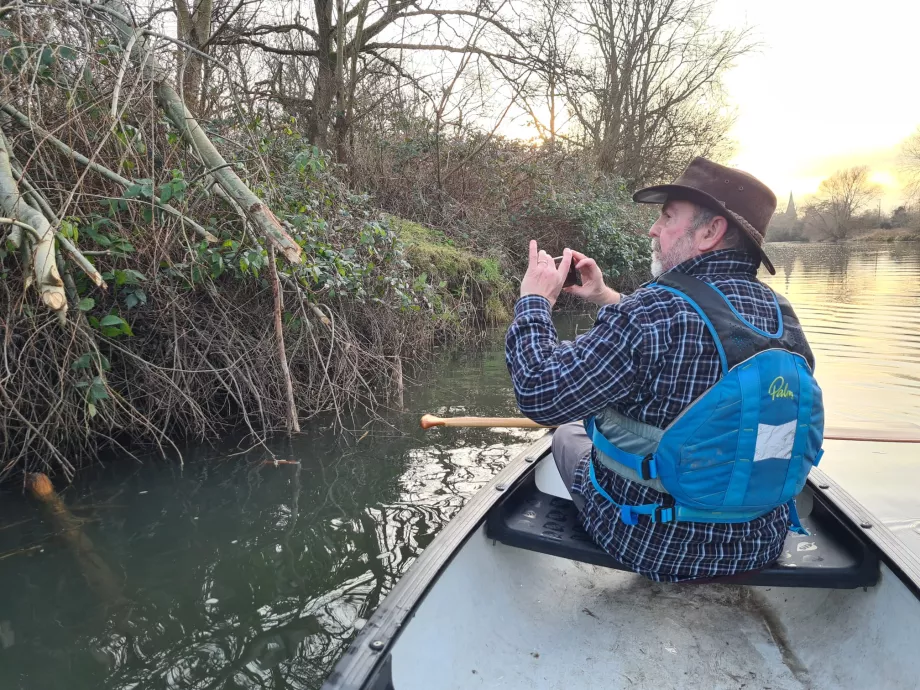
In a glorious January winter sunset l decided to paddle my own canoe. On the River Stour from Fordwich l was able to see the evidence of beaver activity up close. - John Gisbey
By embracing the return of beavers to Britain and actively participating in conservation efforts, we not only honour our natural heritage but also pave the way for a more resilient and biodiverse future. So, why wait? Join the effort today and be a part of this transformative journey towards restoring nature's balance.
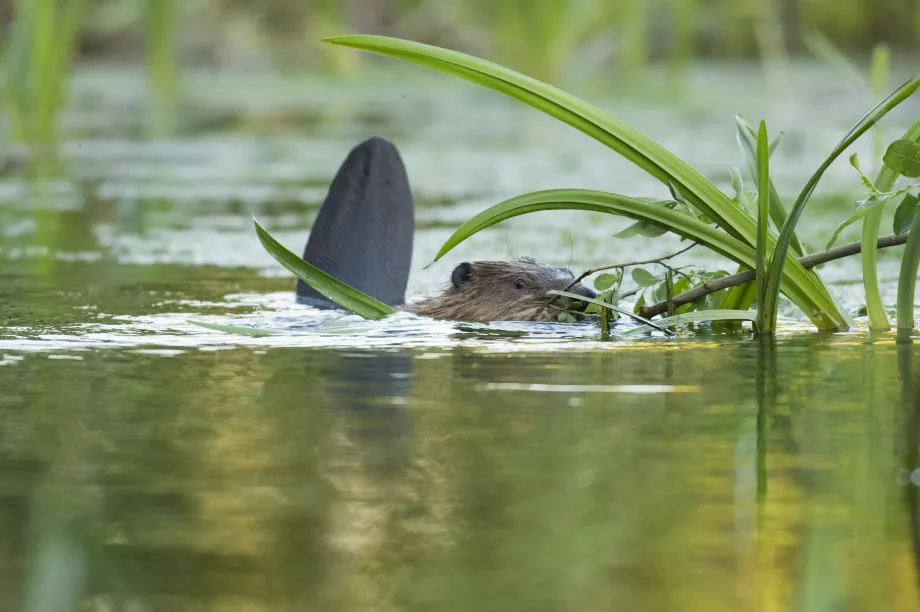
Baby beaver at Ham Fen, photo by Terry Whittaker. Terry Whittaker

Education Manager Tom White tells us about his first experience seeing a beaver in the wild.
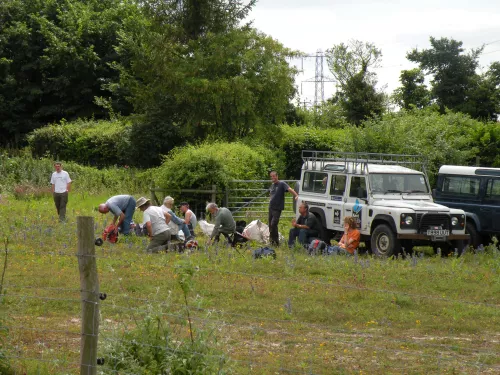
Our very own Area Managers and Wardens work tirelessly across the entire county protecting and restoring nature. These stewards of nature play a pivotal role in preserving the ecological balance, responding to climate challenges, and fostering local…
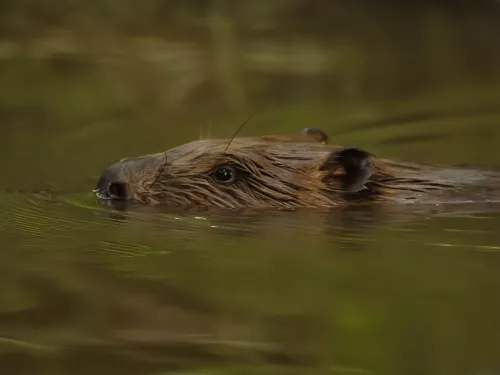
On International Beaver Day, Amy Fitzmaurice reflects on the rich history of south east England's relationship with beavers and links to the 14th Century 'Beaver Wars'!